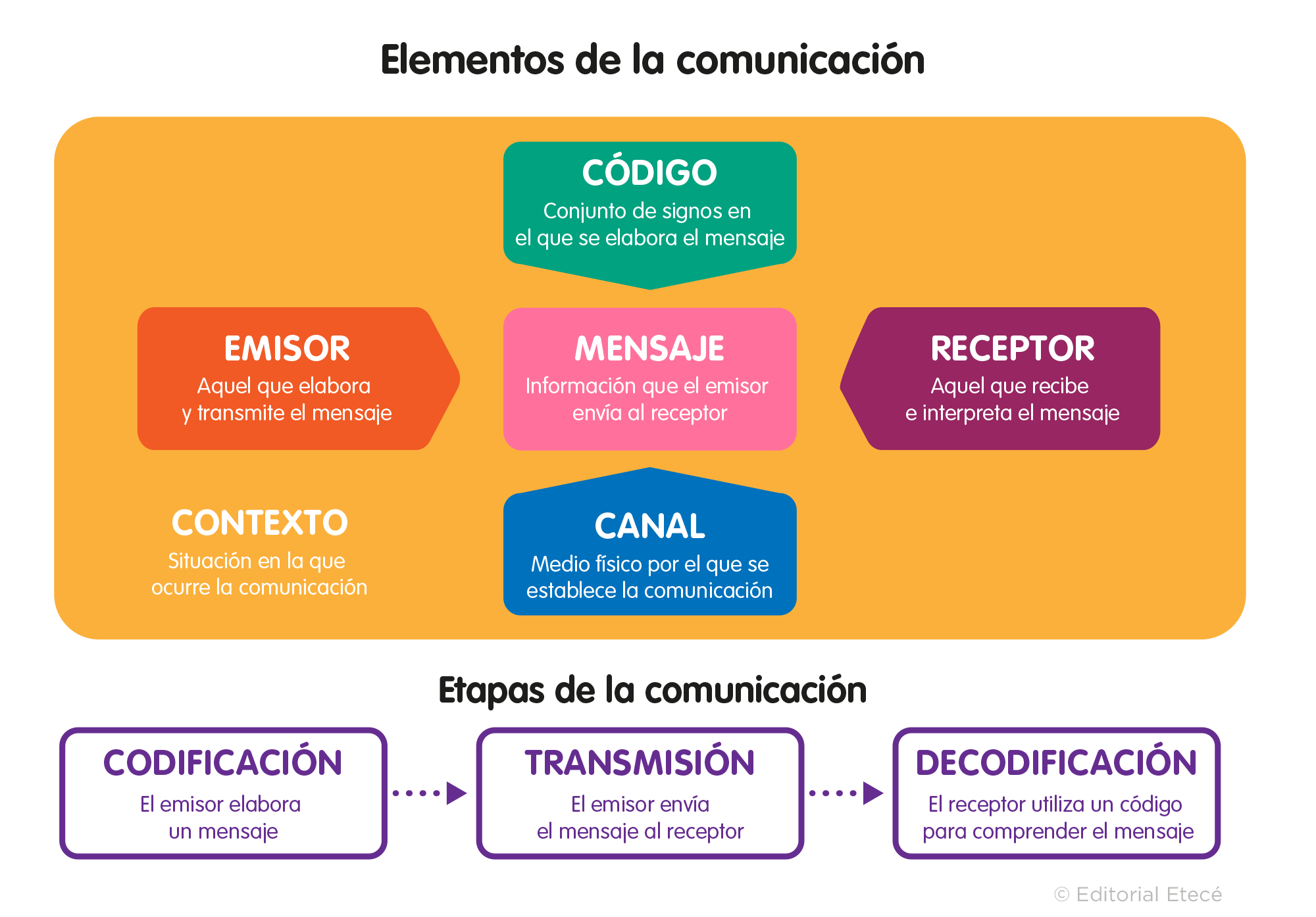We explain what an issuer is in communication, in the economy and in education. Also, the relationship between sender and receiver.

What is an issuer?
The emitter is called the entity, individual, or artifact in which some type of information, matter, or energy originatesand which therefore emits or transmits it to the surrounding medium. Its opposite figure is that of the receiver, that is, the one who receives.
Depending on the topic and area of knowledge to which it refers, said issuer can be as different in nature as what is broadcast. In fact, in our daily lives, we are surrounded by broadcasters. It is enough to turn on our television or radio (traditionally called receiving devices) to connect with a station, that is, with an installation from which information is broadcast via electromagnetic waves.
In the same way, the sun is the emitter of the light that we receive daily, and our friends are the emitters of the messages they send us on the cell phone, just as our glands are the emitters of the hormones that regulate the functions of our body. Everything where something is emitted, that is, where something originates and then spreads to the environmentis an issuer or at least a place of issue.
Transmitter in communication

In the communicative act, the sender is the one who produces or originates the message: in the case of written communication it is the one who writes the message, and in the case of oral communication it is the one who speaks.
The communicative circuit is fulfilled when said sender propagates a message through a physical channel (such as radio waves, written paper or the sound of voice), also using a code (that is, a language) to represent it, and The receiver is able to perceive the message (tune it, read it, hear it) and decode it to extract its meaning.
In some forms of communication, sender and receiver alternate their roles. as information is exchanged: one speaks and the other listens, then the first listens and the other speaks. In one-way forms of communication (such as radio, books or television), however, these roles are fixed and immovable.
Issuer in economy

In the economic field, the issuer is called the institutions or organizations that are capable of developing, registering and then selling commercial securities through which to finance their own operations. These issuers may be attached to governments or be private companies.
This is what governments do when issuing public debt bonds (bond issue), for example, or also what the central bank does when it puts new banknotes into circulation (monetary issue). Any entity that puts financial securities into circulation is considered an issuing entity.
The most common securities issued in this way are stocks, bonds, promissory notes, bills and, of course, the bills and coins themselves.
Issuer in education
For its part, in the educational field it considers as issuer who assumes the active role of knowledge transmissionthat is, to the teacher, professor or tutor. This view of the educational act is, however, traditional, since it considers without saying it that knowledge originates in the teacher and is then transmitted to the students, just as the sun emits its own light and radiates it to its surrounding planets.
The most modern educational trends, on the other hand, tend to see the teacher as a facilitator: a person in charge of helping students learn, of accompanying them on the path of learning, and from that perspective the teacher does not really emit knowledge, but rather allows the student to discover it on their own. This difference is important when talking about educational systems or types of school.
Transmitter and receiver
The figure of the sender, in any case, complements that of the receiver, like two pieces of a puzzle. Without senders, receivers would have nothing to receive, and Without receivers, the information emitted would be lost and no use of it would be possible, that is, no communication.
However, The same transmitter can generally correspond to several simultaneous receivers.like several people tuning into the same TV channel; while a receiver can commonly be dedicated to a single transmitter at a time, that is, we cannot watch two TV channels at the same time on the same device.
References
- “Emitter” in Wikipedia.
- “Receiver (communication)” in Wikipedia.
- “Emitter, ra” in the Dictionary of the Language of the Royal Spanish Academy.
- “Elements of the communication process” in Community Learning Centers (Mexico).
- “Issuer” in the Economics Dictionary of El Economista (Spain).





